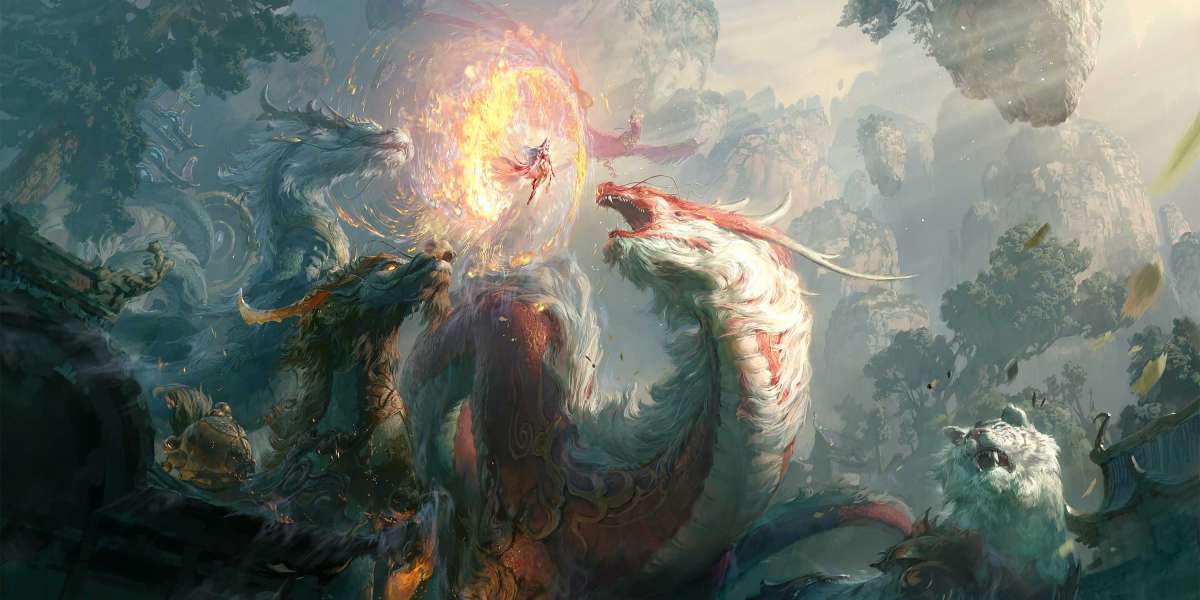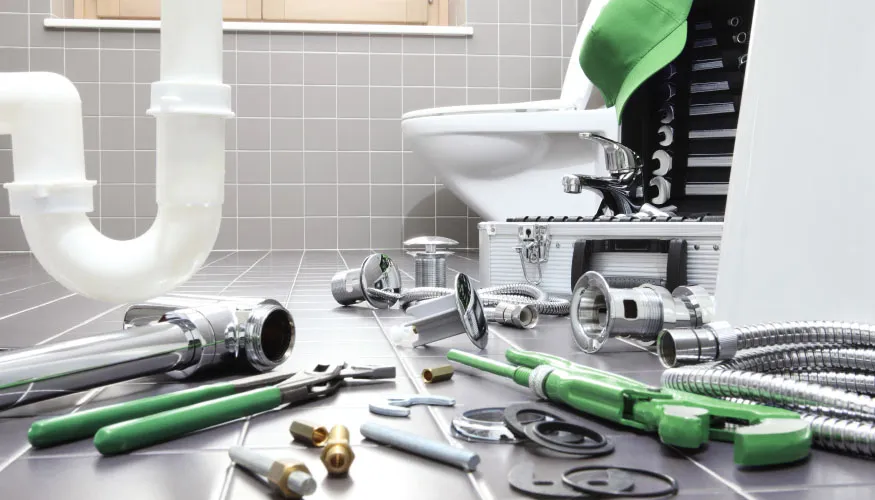The convergence of CNC (Computer Numerical Control) technology and artificial intelligence (AI) is reshaping the landscape of modern manufacturing. As industries strive for greater efficiency, precision, and flexibility, the integration of AI with CNC machines offers transformative potential. This article explores how CNC technology and AI work together to enhance manufacturing processes, improve productivity, and drive innovation.
1. Enhanced Precision and Quality Control
One of the primary advantages of integrating AI with CNC technology is the enhancement of precision and quality control. AI algorithms can analyze vast amounts of data from CNC machines in real-time, identifying patterns and deviations from expected performance. This capability allows for predictive maintenance, where potential issues can be detected and addressed before they lead to equipment failure. By ensuring machines operate at optimal performance levels, manufacturers can achieve higher quality outputs and reduce scrap rates.
2. Optimized Machining Processes
AI can significantly optimize machining processes by analyzing historical data and operational parameters. Through machine learning, AI systems can identify the most efficient cutting speeds, feed rates, and tool paths for specific materials and designs. This optimization not only improves machining efficiency but also extends tool life, reducing downtime and maintenance costs. As a result, manufacturers can produce components more quickly and with less waste.
3. Adaptive Manufacturing
The combination of CNC technology and AI enables adaptive manufacturing—where machines can adjust their operations in real-time based on changing conditions or inputs. For instance, AI can monitor the performance of tools and materials during machining, making instantaneous adjustments to maintain quality and efficiency. This adaptability is particularly valuable in environments where production runs may vary or when working with new materials.
4. Intelligent Scheduling and Resource Management
AI-driven systems can enhance scheduling and resource management in CNC machining operations. By analyzing production schedules, machine availability, and workforce capabilities, AI can create optimized workflows that minimize downtime and maximize productivity. This intelligent scheduling leads to more efficient use of resources, allowing manufacturers to respond swiftly to changing demands and maintain competitive advantage.
5. Improved Design and Prototyping
AI plays a crucial role in the design phase of manufacturing by enabling advanced simulations and generative design. CNC machines can produce prototypes quickly, while AI algorithms can assess the performance of various design iterations. This synergy allows for rapid experimentation and refinement, leading to innovative designs that may not have been possible through traditional methods.
6. Data-Driven Decision Making
The integration of AI with CNC technology facilitates data-driven decision-making across manufacturing operations. AI systems can provide actionable insights based on the analysis of machine data, production metrics, and market trends. By leveraging this information, manufacturers can make informed strategic decisions that enhance operational efficiency and align production with customer demand.
7. Workforce Empowerment and Training
As AI systems take on more analytical tasks, CNC operators and technicians can focus on higher-level problem-solving and creativity. This shift empowers the workforce to engage in more meaningful work, enhancing job satisfaction and promoting continuous learning. Furthermore, AI-driven training programs can help new operators quickly become proficient in machine operation, reducing the learning curve and improving overall productivity.
Conclusion
The integration of CNC technology and artificial intelligence is ushering in a new era of manufacturing, characterized by enhanced precision, efficiency, and adaptability. As these technologies continue to evolve, they will empower manufacturers to innovate and compete in an increasingly complex marketplace. By embracing the synergy between CNC and AI, companies can transform their operations, delivering high-quality products while meeting the demands of the modern economy. The future of manufacturing lies in the harmonious collaboration of these advanced technologies, paving the way for smarter, more efficient production processes.








